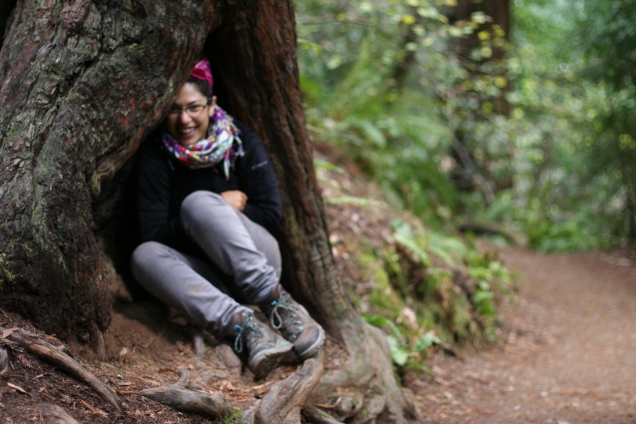
i don’t often quote MLK, but to me, this passage from 1967, not long before his assassination, points perfectly to some of the reasons that reforms will not work and a social, system-wide revolution is necessary for true change.
With Selma and the Voting Rights Act, one phase of development in the civil rights revolution came to an end. A new phase opened, but few observers realized it or were prepared for its implications. For the vast majority of white Americans, the past decade — the first phase — had been a struggle to treat the Negro with a degree of decency, not of equality. White America was ready to demand that the Negro should be spared the lash of brutality and coarse degradation, but it had never been truly committed to helping him out of poverty, exploitation, or all forms of discrimination. The outraged white citizen had been sincere when he snatched the whips from the Southern sheriffs and forbade them more cruelties. But when this was to a degree accomplished, the emotions that had momentarily inflamed him melted away. White Americans left the Negro on the ground and in devastating numbers walked off with the aggressor…
When Negroes looked for the second phase, the realization of equality, they found that many of their white allies had quietly disappeared. …the free-running expectations of the Negro crashed into the stone walls of white resistance. The result was havoc. The Negroes felt cheated, especially in the North, while many whites felt that the Negroes had gained so much it was virtually impudent and greedy to ask for more so soon.
The paths of Negro-white unity that had been converging crossed at Selma, and like a giant X began to diverge. Up to Selma there had been unity to eliminate barbaric conduct. Beyond it the unity had to be based on the fulfillment of equality, and in the absence of agreement the paths began inexorably to move apart.
– Rev. Dr. MLK, Jr.
to me this is a story not only about anti-Black racism, but also about the mechanisms of capitalism, its roots in exploitation, and its tendency to, rather than encourage us toward fairness and sharing, *exacerbate* economic disparities and concentrate power in the hands of a few. (a tendency that, for instance, Picketty points out in his bestselling recent book, Capital in the 21st Century.) in other words, the betrayal (a.k.a. tepid support) of white liberals (or liberals of any color) is not only a story of racism, but also a story of wealth and economics.
it is a story about U.S. colonialism, imperialism, rampant resource extraction, and environmental destruction, all necessary to maintain the “high” (read: wasteful) standards of living in the middle-class U.S. that set the bar for what racial equality should look like.
it is a story of what King calls, in this same piece, a “fantasy of self-deception and comfortable vanity” that falsely portrays the U.S. as “essentially hospitable to fair play and to steady growth toward a middle-class Utopia embodying racial harmony.”
fact: without the mass-scale “looting” of indigenous peoples and other nations around the globe, not to mention the enslavement of africans, the U.S. would have accumulated a mere fraction of its current wealth. this is the basis of the middle-class melting-pot Utopia to which we aspire.
this is the looted wealth that built the mansions i drove past tonight in suburban Maryland: twelve-bedroom monstrosities that cost godless amounts of money to heat in the winter. one place reminded me of the house in Clueless: staircase spiraling down to the enormous front doors.
this is also the looted wealth on which my small rented home in oakland stands. it’s the looted wealth that pays my wages. i’m not separate from this history, or above it; i inherit it every day.
i guess what i want to know is: what do we mean when we insist that Black Lives Matter? are we talking about stopping the worst of the terror, the extrajudicial executions of teenagers? is this all we want “allies” to support, or do we want something else, something more?
if we take King’s words to heart, how do we work for complete freedom, fairness, and self-determination for all beings, not just an end to the most acute forms of suffering, degradation, and oppression?
are complete freedom, fairness, and self-determination for Black people possible without completely restructuring our economy and society?
this other, bigger thing — the new phase 2 — obviously will not happen overnight, and not without deadly resistance from the people currently in power. but let’s at least be honest with ourselves about what’s necessary. sympathy and sentimentality do not help. to use a Buddhist teaching, pity is the near enemy of compassion. even if we somehow stopped the epidemic of police murder against black people, black children, how long before the giant X of diverging priorities reappears?
thanks to Adam Claytor for sending me this book in the mail. lots to think about.









